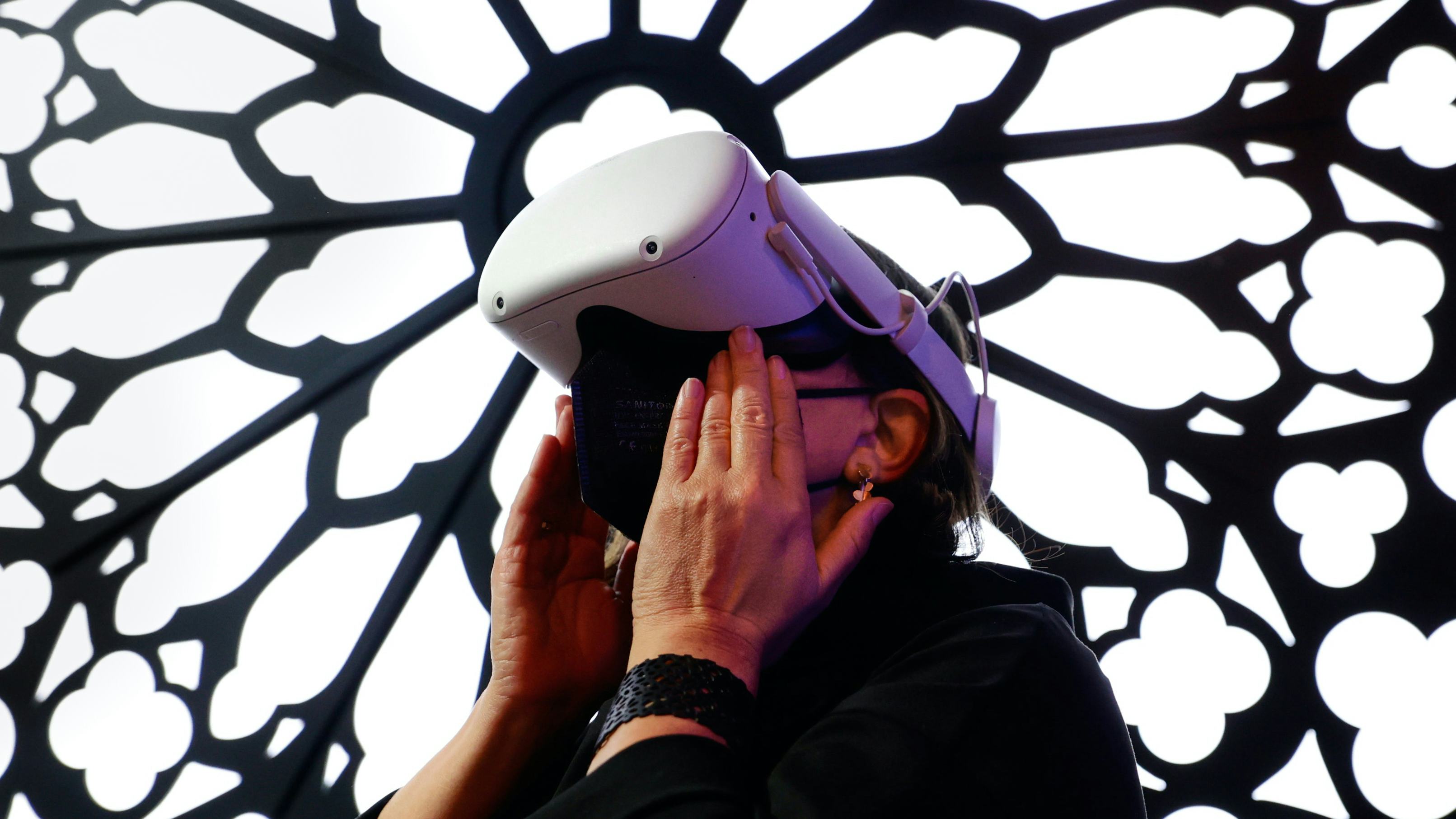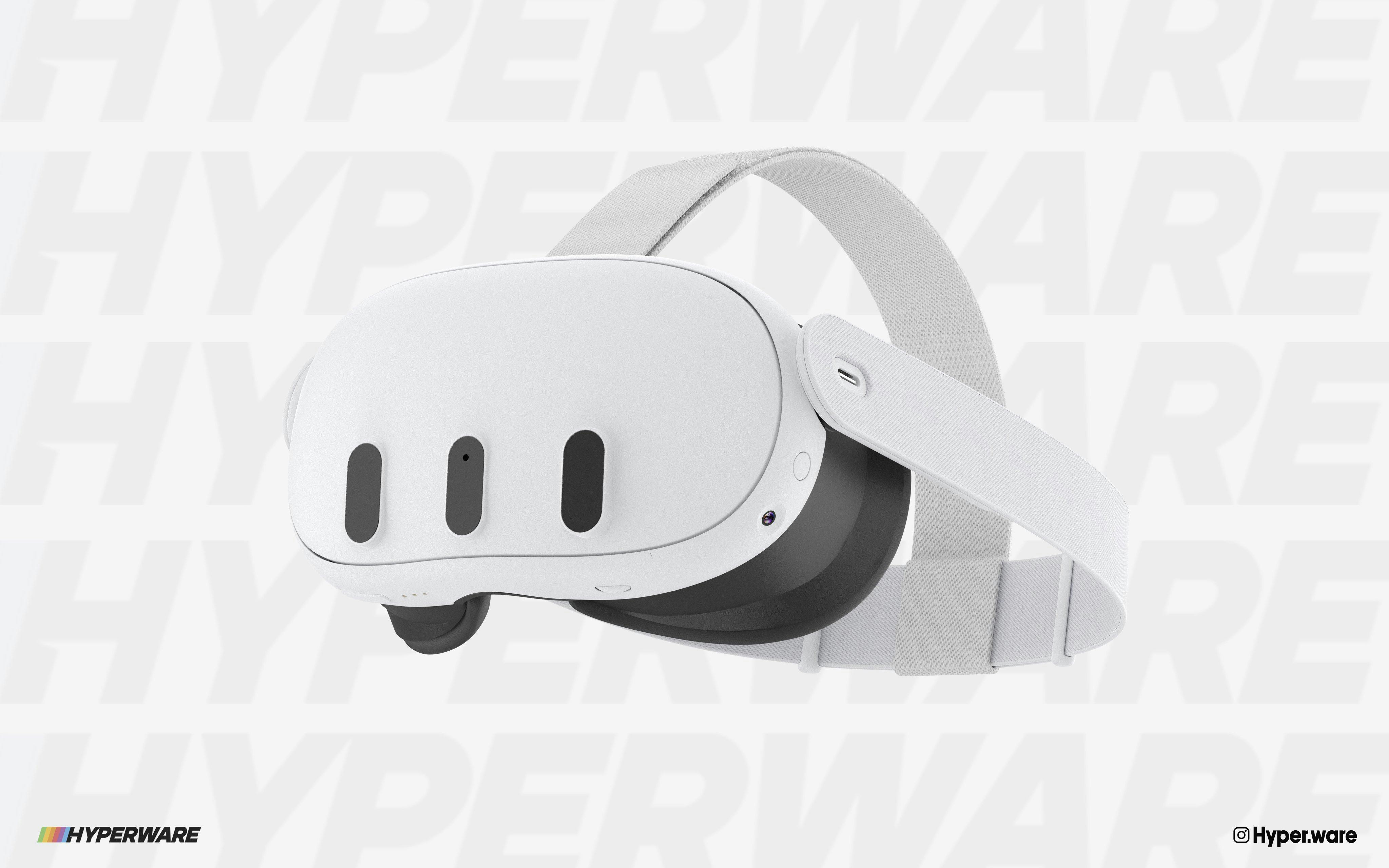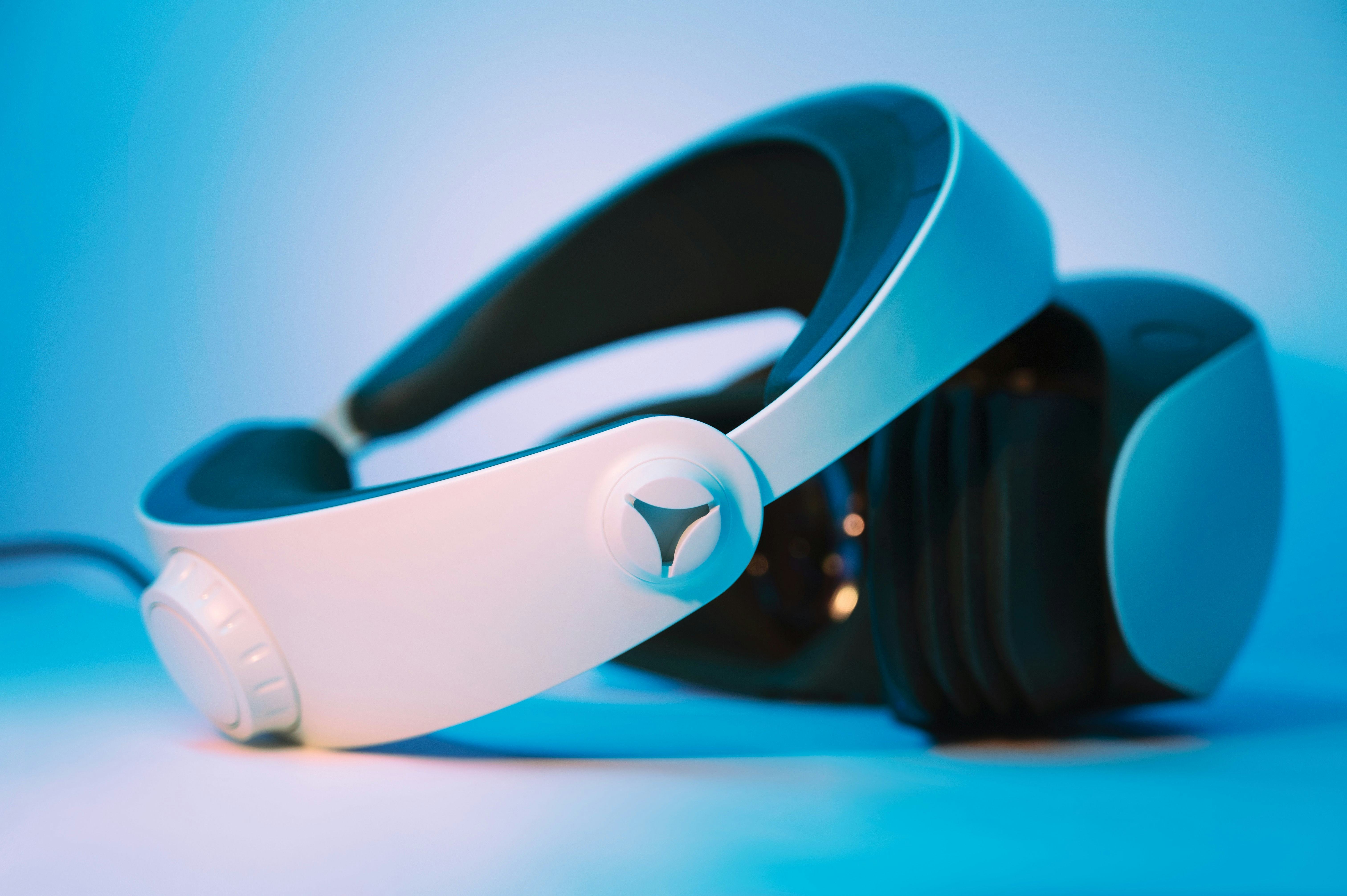
The details of Meta’s next big metaverse push are finally coming together. The company has at least two new virtual reality headsets hitting store shelves in the next two years and plans for multiple new generations of its Ray-Bans Stories smart glasses, according to a leaked presentation obtained by The Verge.
One of the most critical elements of Meta’s plans is the new headset it plans to launch this year, the Quest 3. As both a sequel to the Meta’s most popular piece of hardware to date and the company's more approachable option when compared to the Quest Pro, there’s a lot of pressure to follow up the Quest 2.
Quest 2 was one of a kind in 2020, in terms of price, features, and the software Meta supported it with. In 2023, the calculus for success has changed, and making the Quest 3 have the same impact will be much more challenging, but also critical to Meta’s future — a future that Mark Zuckerberg is gambling the entire company on.
A Worthy Successor

Working in Meta’s favor, the Quest 3 does sound like it could be a step up from the Quest 2. The headset is “two times thinner” and “at least twice as powerful,” The Verge reports. Like the Quest Pro, Meta also plans to use the new headset to show off mixed reality experiences enabled by new passthrough cameras.
That will include new games and apps, and perhaps more importantly, a new version of Meta’s Guardian, the software feature that lets you know if you’re moving out of your play space or about to bump into something while “immersed.” The updated Guardian will “help wearers navigate the real world while they are wearing the device,” according to The Verge. Quoting Mark Rabkin, Meta’s vice president of virtual reality, the Quest 3 should make the experience of staying in your headset and going about your day much more natural:
“You can walk effortlessly through your house knowing you can see perfectly well. You can put anchors and things on your desktop. You can take your coffee. You can stay in there much longer.”
Mixed reality apps and games are still an unknown quantity. There are excitingly odd outliers available for the Quest Pro, but Meta will have to showcase compelling apps that will make people who own a Quest 2 upgrade and people who don’t have a VR headset buy one. Offering those features on a more affordable Quest 3 could help, but it still seems like a gamble getting the average person to care about VR for anything beyond games.
The Right Price
The price of the Quest 3 might also be a hurdle. Meta has reportedly sold 20 million Quest VR headsets to date, but it’s done so at a loss. Selling the Quest 3 for more, which this presentation contends Meta wants to do, could be challenging. Meta’s made the average person expect virtual reality at a discount, much to the chagrin of competitors like HTC. Can it pull off a price bump?
When you look at the competitors, Sony’s PlayStation VR 2, for example, there’s an argument that as long as Meta doesn’t sell the Quest 3 for more than $500 and offers the kind of visual upgrades Sony’s new headset includes, it should be fine. Horizon Call of the Mountain is the most impressive game the PSVR 2 can play, but the Quest 3 will launch with a bigger library of games and likely more exclusives.
Apple’s vaporware headset, rumored to sell for $3,000, might also put a pricier Quest headset in a better light. Even if Apple reinvents how we interact in VR or AR, I imagine anyone with their interest peaked by the cutting edge will feel more comfortable settling for something in Meta’s ballpark. That could just as easily swing the other way, of course — Apple did normalize paying $1,000 for a phone — but there are reasons to think Meta shouldn’t be afraid.
New competition

The other big difference between the Quest 2 launch and now? Meta has real competition. HTC’s Vive XR Elite targets a more premium crowd, but it is undoubtedly a signal that the company is gunning for Meta’s consumer audience. ByteDance’s Pico 4 didn’t launch in the U.S., but hey, that’s more proof a rival company can create and sell a Quest 2-like experience.
Whether it plans to release virtual reality hardware or not this year, Apple could be Meta’s biggest competition in terms of raw innovation. The company has a knack for drowning out the people who did things first just by doing them more elegantly, and Meta’s significant head start in the space might not be enough to avoid that.
But when it comes down to it, the success of the Quest 2 could be the Quest 3’s greatest enemy. People have positive feelings about the Quest 2 because it is a straightforward gaming and fitness device that is easy to set up and use. Even with a more powerful headset, Meta could fumble the bag by forcing features that are really just preamble for its augmented reality smartglasses plans, instead of sticking with what worked. The Quest 3 has potential, but the needle Meta has to thread has almost certainly got a lot smaller.







